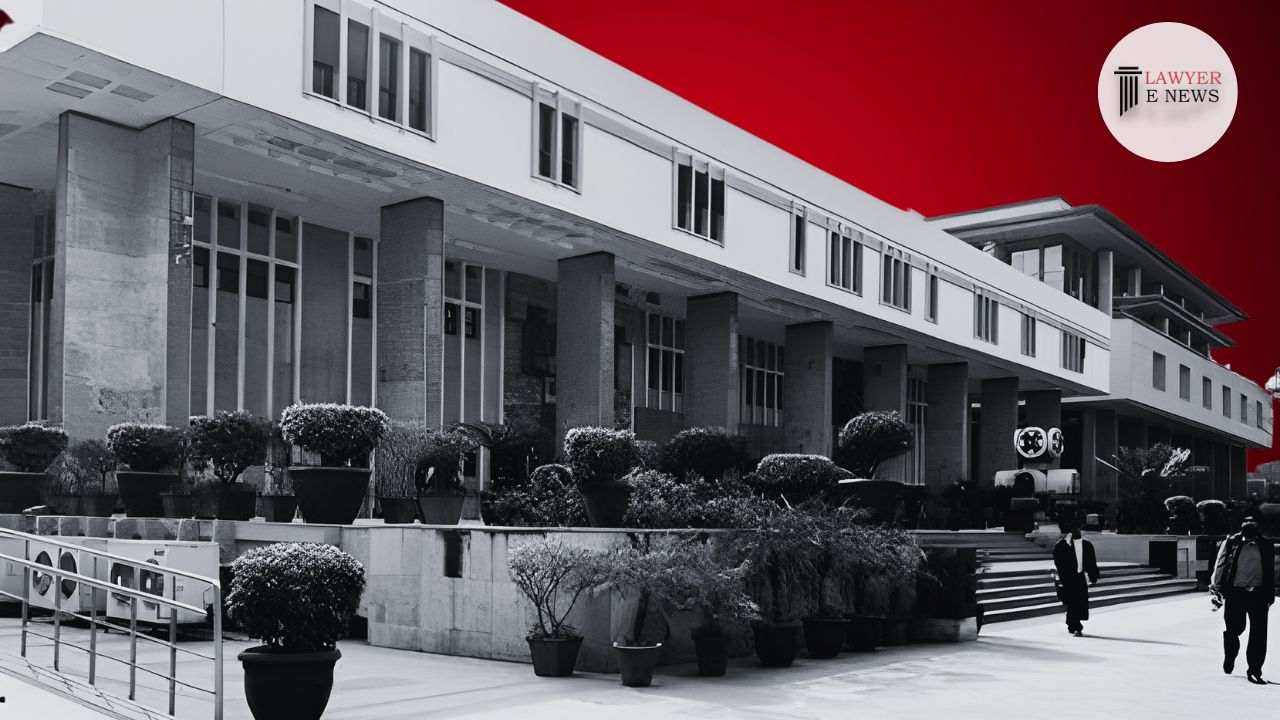-
by Admin
15 February 2026 5:35 AM



High Court sets aside Single Bench order, allows Dish TV to file written statement in a suit now reclassified as a commercial dispute.
In a significant ruling, the Delhi High Court has clarified the application of the Commercial Courts Act, emphasizing that the provisions of the Act only apply once a suit has been formally declared as a commercial suit. The court allowed Dish TV India Ltd. to file its written statement, overturning the Single Bench's decision which had closed Dish TV's right to do so. The judgment, delivered by a bench comprising Justices Rajiv Shakdher and Amit Bansal, sets a precedent on the timing and procedural application of the Commercial Courts Act.
Appellant: Dish TV India Ltd, a direct-to-home (DTH) service provider in India.
Respondent: Gulf DTH FZ LLC, operating a DTH satellite subscription pay television platform in the Middle East and North Africa.
The respondent claimed exclusive rights to transmit various television channels in their designated territories and sought to prevent Dish TV from distributing its services, including set-top boxes and smart cards, within the same region.
Summons were issued on November 16, 2015, and served on Dish TV on December 19, 2015.
Dish TV filed an application on January 12, 2016, under Order VII Rules 10 and 11 of the CPC for rejection of the plaint.
On April 19, 2016, the Single Bench closed Dish TV's right to file a written statement as it was beyond the 120 days stipulated.
Dish TV filed for a review of this order on April 21, 2016, asserting that the suit was not a commercial suit at that time.
The court observed that the suit was filed on November 5, 2015, as an ordinary civil suit, and not as a commercial suit. The necessary procedural documents required for a commercial suit under the Commercial Courts Act were not filed initially by the respondent.
The Commercial Courts Act became applicable only after the suit was formally reclassified as a commercial suit by the impugned order dated August 30, 2016.
The appellant's argument that the closure of the right to file a written statement was based on the misapplication of the Commercial Courts Act was upheld. The court noted that the appellant was deprived of a valuable right to defend itself
The bench clarified that until a suit is formally converted into a commercial suit, it remains subject to the procedural rules governing ordinary civil suits. Thus, the mandatory 120-day period for filing a written statement under the Commercial Courts Act did not apply until after the suit's reclassification.
The court relied on precedents that established that procedural changes could not retrospectively affect the rights of parties before the conversion of a suit
Justice Amit Bansal emphasized, "The provisions of the Commercial Courts Act, including the time period for filing of the written statement, would apply from the date on which the suit was converted to a commercial suit."
The Delhi High Court's judgment reinstates Dish TV's right to file its written statement and directs the continuation of the suit from this stage. This ruling reinforces the procedural safeguards for parties involved in litigation, ensuring that statutory provisions are applied prospectively and not retroactively. The decision underscores the importance of formal procedural steps in the application of the Commercial Courts Act and is expected to influence future cases involving the classification and procedural management of commercial disputes.
Date of Decision: July 18, 2024
Dish TV India Ltd vs. Gulf DTH FZ LLC & Ors
